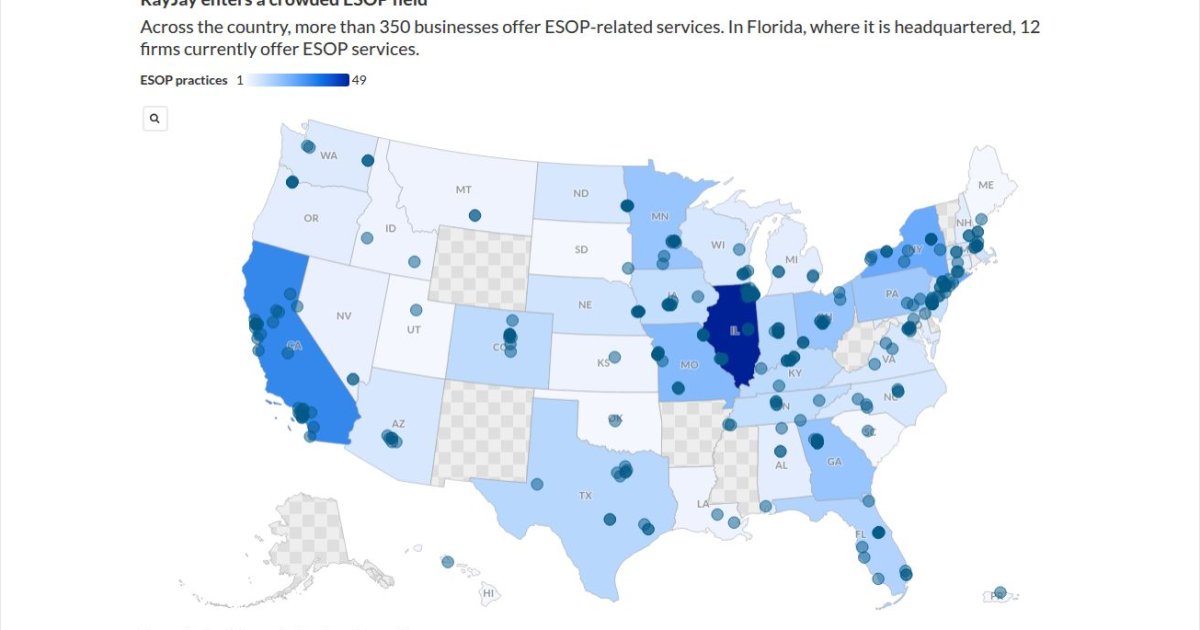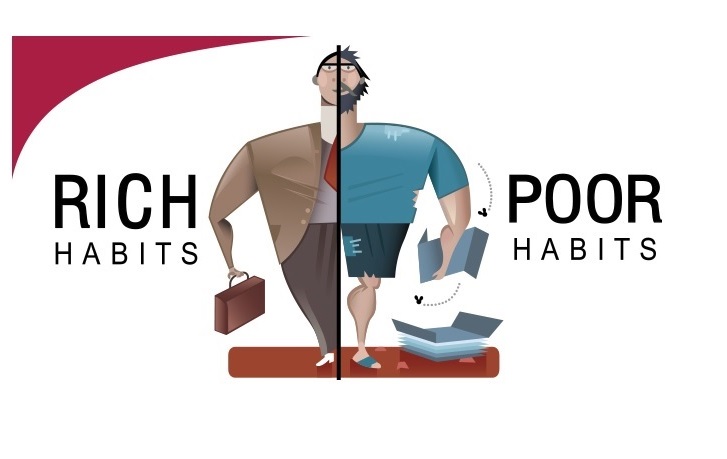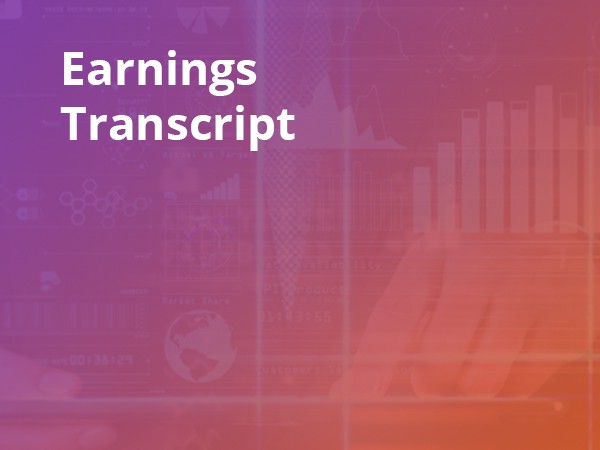Wealth management can be a notoriously difficult field to succeed in, with Cerulli Associates placing the rookie washout rate at more than 70%. One potential lifeline for early-career advisors: mentorship.
A recent McKinsey study found “many mid-tenure advisors attribute their success in early years to mentoring and apprenticeship provided by senior advisors.”
That’s no surprise to Luis Rosa, a certified financial planner and founder of Build a Better Financial Future, an RIA based in Henderson, Nevada, and Pasadena, California. Rosa also co-founded the BLX Internship Program, which places Black and Latino aspiring advisors into roles at financial planning firms.
Early support can be “crucial,” he said, especially for those from underrepresented backgrounds.
“I’ve seen a lot of people that come from the traditional ‘Put a list of 100 names together and call them all to sell them insurance,'” he said. “When the focus is on sales, a lot of people get discouraged. So I think especially for minorities, since they usually seem to come through those channels, they have a very hard time.”
A mentor can let them know about the wide world in the profession beyond sales. “It can show you the different pathways, show there are other opportunities within the industry,” Rosa said.
Many large firms offer in-house mentorship programs and early-career training. Rosa also “highly recommends” joining groups such as the Financial Planning Association or NAPFA, which offer various mentorship programs, as does the CFP Board. Networking with colleagues is a good opportunity to develop those relationships, and planners who participate are often generous with their time when it comes to helping those just starting out.
Finding the right person to fill a mentoring role can take time, said Daniel Kopp, certified financial planner and founder of Wise Stewardship Financial Planning in Lakewood Ranch, Florida.
“It has to be a good fit on both sides,” Kopp said. A career changer who entered the field seven years ago, Kopp began his own hunt for a mentor by emailing every local CFP he could find, asking for a few minutes to hear their story. If they clicked, he’d suggest a coffee or lunch meeting, careful not to ask for too much too early.
“You don’t propose on the first date,” Kopp said. “Similarly, here, it needs to be a little bit of a dance — feeling each other out, like, is this going to be mutually beneficial?”
Kopp recommends that anyone who wants a mentor take the initiative. “This is not a Disney movie, right? Your fairy godmother is not just going to show up and say, ‘I pick you.'”
It took Kopp about one year to find an initial set of three mentors. “Each one of them provides a specific aspect that I was looking to grow and advance my career in, and wasn’t asking them to be all things in all areas,” he said. And now that he’s in a different stage of his career, he’s found mentors to help him with the new issues he’s facing.
Mentorship isn’t just for early-career advisors.
“Now that I own my own RIA, having a mentor that’s been running his own practice for like 30 years — someone to tell me tips on things I could do differently, like fee schedules, servicing calendars, things like that — it’s been super helpful to learn not only how to be a better planner, but also business owner,” Rosa said. “It’s a good thing to have that accountability as well, because a lot of us are on our own little islands as solo advisors.”
In addition to both having benefited from mentors, Rosa and Kopp also have extensive experience as mentors themselves.
“You don’t just take the help, you then pass it on down the ladder, right? Because you’re trying to reach and pull that next person up,” Kopp said.
Here’s how other advisors found their mentors, and what they learned along the way:




























